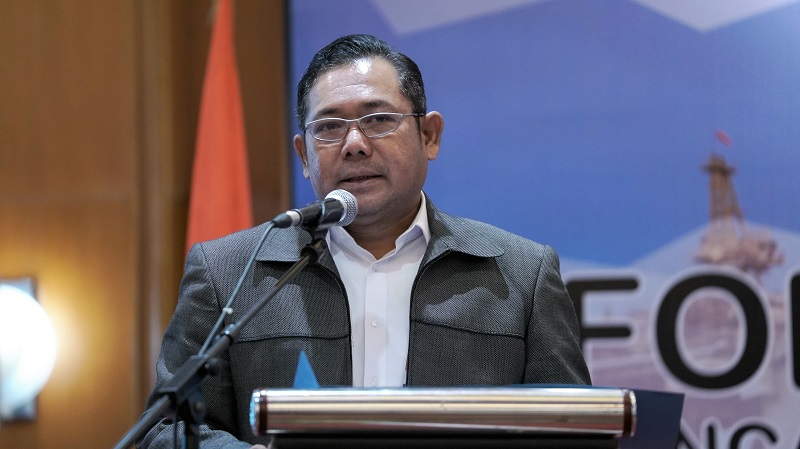Indonesia's Biodiesel Program: A Milestone in Energy Transition
Indonesia is making strides in renewable energy through its biodiesel program, with the Downstream Oil and Gas Regulatory Agency (BPH Migas) emphasizing its potential to enhance energy independence and save foreign exchange. As of 2024, the mandatory 35% biodiesel blend (B35) has saved approximately IDR 120 trillion (USD 7.5 billion), aligning with the country’s goal to reduce reliance on diesel imports and foster energy self-sufficiency.
The biodiesel initiative supports the broader energy transition outlined in President Prabowo's vision. BPH Migas Secretary Patuan Alfon Simanjuntak highlighted the next step—implementing a 40% biodiesel blend (B40)—targeted for rollout by 2025. This transition is expected to yield foreign exchange savings of up to USD 9 billion annually and significantly cut carbon emissions, with projections estimating a reduction of 42.5 million metric tons of CO2.
Key drivers of the program’s success include infrastructure expansion and technological innovation. Indonesia has already conducted B40 trials across sectors like railways and plans to extend these to mining and power generation. The results are promising: the adoption of B40 in 2025 is expected to require 16 million kiloliters of biofuel, supporting both energy needs and economic resilience.
The government has also introduced supportive policies, such as fiscal incentives and subsidies for clean energy. These measures encourage investment in renewable infrastructure and enhance the feasibility of scaling biodiesel adoption.
In addition to economic and environmental benefits, the biodiesel program bolsters the domestic palm oil industry, ensuring sustainability and value addition. However, challenges remain, particularly regarding balancing export needs and domestic biofuel demand.
As the largest palm oil producer globally, Indonesia’s transition to higher biodiesel blends is a testament to its commitment to global climate goals and economic stability. The B35 success story and the anticipated implementation of B40 illustrate a replicable model for energy transformation in developing nations.
Read More






 Thursday, 12-02-26
Thursday, 12-02-26







